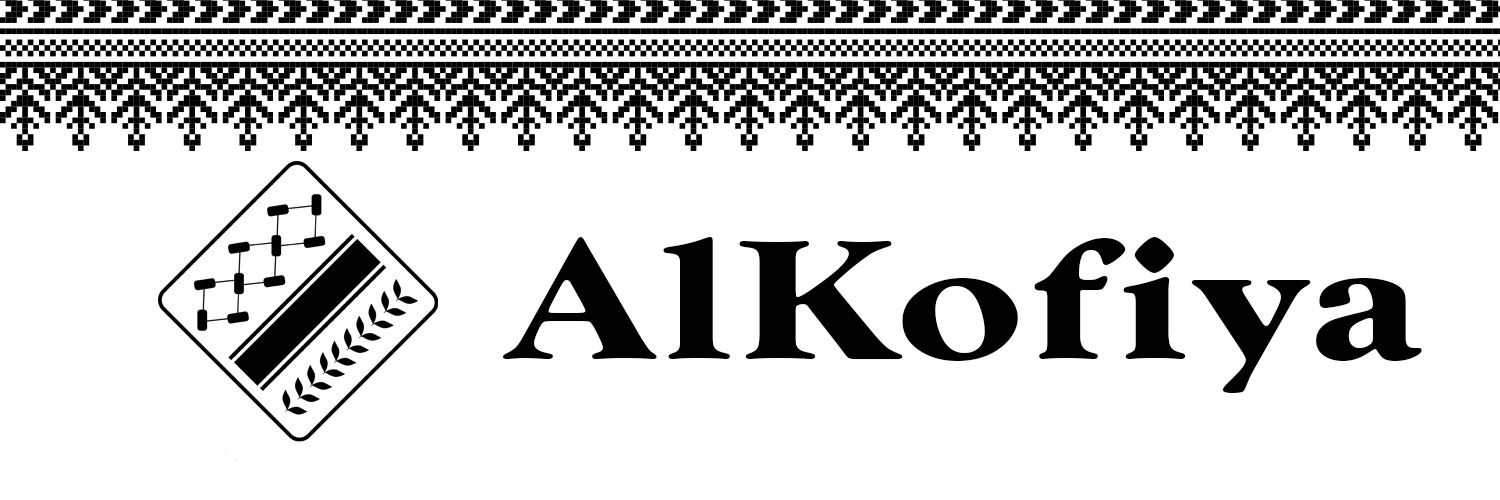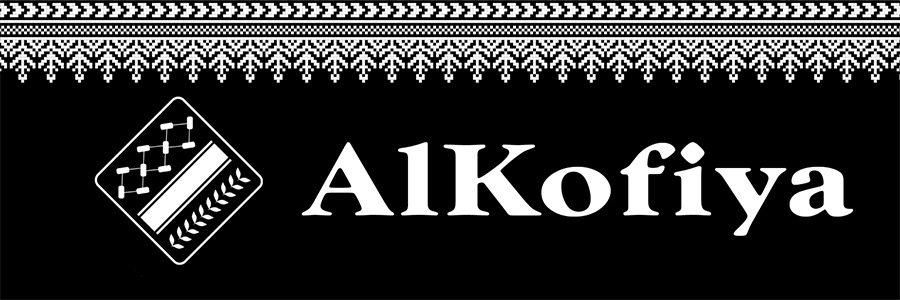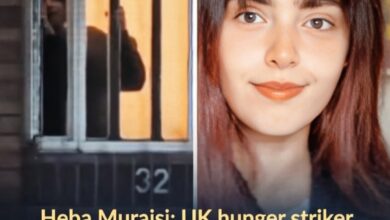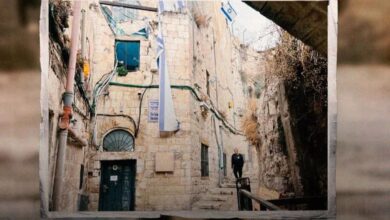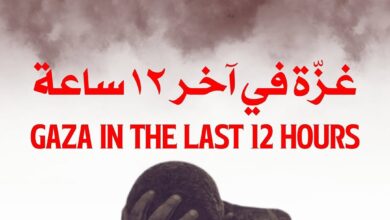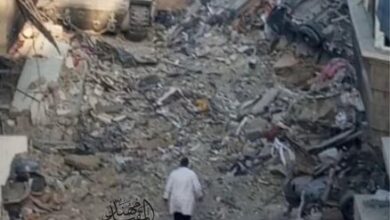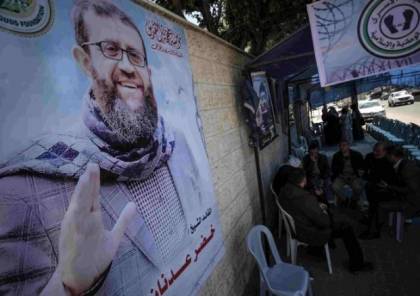
Solidarity stand in Gaza with prisoners in occupation prisons
Dozens of Palestinians participated, on Wednesday, in two vigils in front of the headquarters of the International Committee of the Red Cross in the Gaza Strip, in solidarity with prisoners inside Israeli prisons.
The first vigil was organized by the Martyrs and Prisoners’ Commission of the “Fatah” movement, while the second was organized by the Ministry of Prisoners in Gaza (run by Hamas) and the Prisoners’ Committee of the National and Islamic Forces Coalition.
The two stops came in support of the prisoner Khader Adnan, who is on hunger strike for the 67th day, refusing his administrative detention, and supporting the prisoner Walid Daqqa, who has cancer in the spinal cord.
The participants, including children of the prisoners’ children, raised banners that read, “We pledged to remain loyal to our prisoners,” and “Your souls break your chains.”
In a speech during the vigil, the spokesperson for the Martyrs and Prisoners’ Commission, Nashat al-Wahidi, accused the Israeli government of calling for “the liquidation of the prisoners and for more deliberate medical negligence and violations, whether through the implementation of administrative detention, solitary isolation, or transportation in bad conditions.”
For his part, the Commission’s rapporteur, Majdi Salem, warned, in a speech during the vigil, of the seriousness of “the health condition of the two prisoners, Daqqa and Adnan, who are suffering from conditions that have reached the dangerous stage.”
He called on the international community to “send a medical delegation to find out the health status of sick prisoners in light of the occupation’s intransigence in providing them with the necessary health and medical care, in implementation of international agreements.”
Salem also warned of “the conspiracy targeting the prisoners, the last chapter of which was the closure of two headquarters of the International Committee of the Red Cross in Gaza and Jericho, under the pretext of the financial crisis.”
He called for launching an “international campaign to release sick prisoners from prisons, and to activate this issue.”
In the second stop, the representative of the Islamic Jihad movement in the prisoners’ committee, Yasser Mazhar, said, “The prisoner Adnan suffers from very serious health conditions, as he cannot stand on his feet, while he has lost half his weight, in addition to pain in the kidneys.”
According to Mezher, “doctors warned that Adnan could lose his life at any moment,” calling on the Palestinians in the West Bank to “more engage with the enemy in support of him and to support him in breaking administrative detention.”
In turn, the child Farouk Murtaja, the son of the prisoner Muhammad Murtaja (arrested in 2017 and sentenced to 9 years in prison), conveyed the suffering of the prisoners’ children represented in “depriving them of the joy of Eid” in the presence of their parents, and of “their most basic rights, such as visiting their parents in prisons.”
After the end of the central speeches, the participants in the two stops marched to the headquarters of the United Nations Coordinator for the Middle East Peace Process “UNESCO”.
On Tuesday, the Palestinian Prisoners Club (non-governmental) said in a statement that Adnan suffers from “very difficult health conditions, while he refuses to take supplements and vitamins and conduct medical examinations, and only drinks water.”
The prisoner Adnan (44 years), from the town of Arraba, Jenin Governorate, was arrested on February 5, and declared his hunger strike from the moment of his first arrest.
According to the Prisoners’ Club, Adnan was arrested 12 times, spent a total of 8 years in prison, and went through 5 hunger strikes.
As for the prisoner Daqqa (60 years), who has been detained in Israeli prisons for 38 years, the Captive Club said on April 8 that he is under “tight security in Barzilai Hospital in the city of Ashkelon on artificial respirators, after the deterioration of the functioning of his vital organs, especially the kidneys.” Lungs and blood loss.
In 23 prisons and detention and investigation centers, the occupation is holding about 4,800 Palestinian prisoners, including 29 female prisoners, 170 children and minors, and 700 patients, and among the prisoners have been detained for decades.
